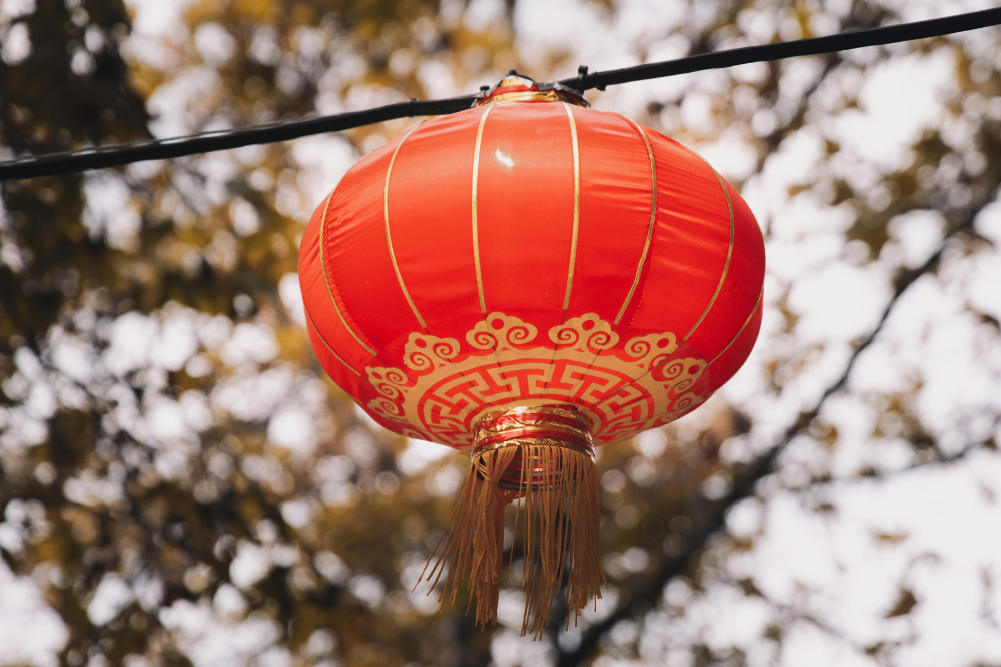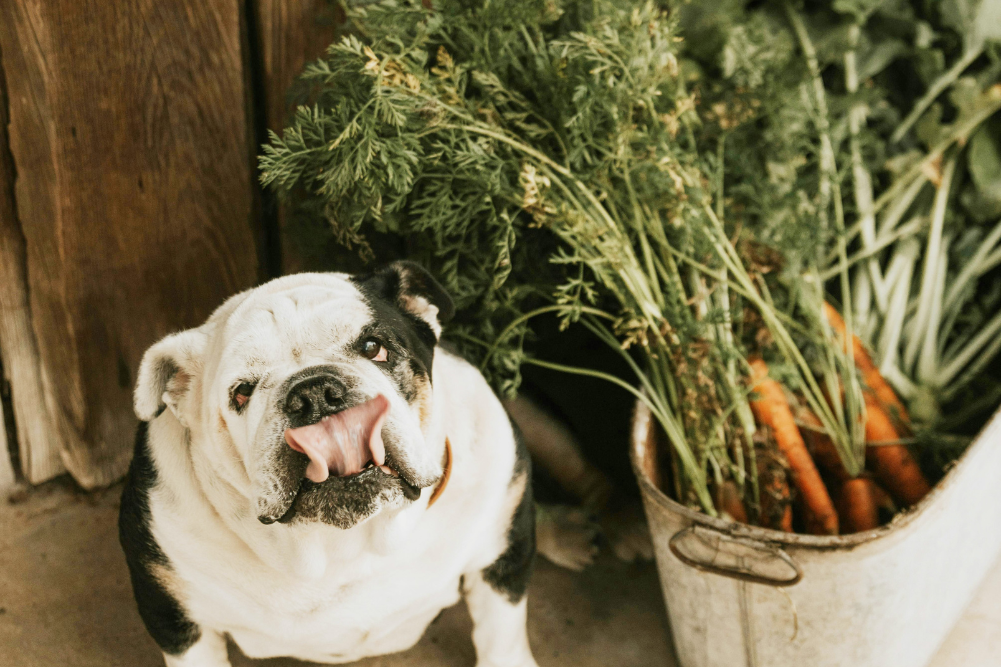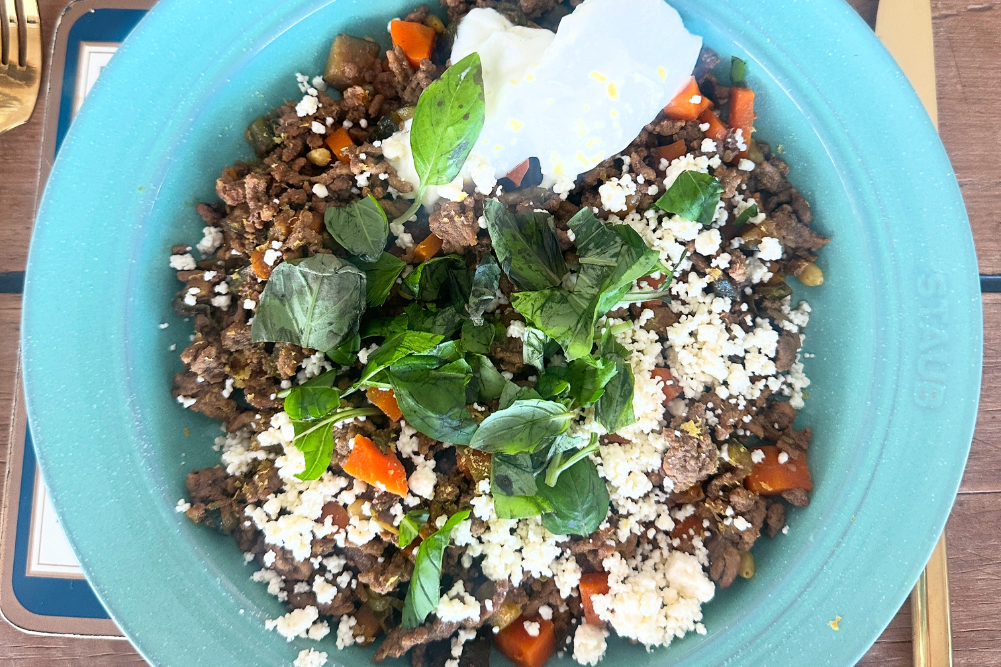The intentional art of gifting
Do you love or loathe gifting presents? For some, it can be joyful and fun, but for others giving the “perfect present” can be stressful. Here we share how to give with intention so that it benefits you and the recipient.
Gift-giving is a universal act of generosity shared all over the world and throughout history. For some people, giving is a joyful experience and one that provides a unique token of appreciation. But for others, gifting can consume a lot of time and energy and even stir anxieties around giving the “perfect present”. As the saying goes, “It’s the thought that counts.” Here we take an in-depth look at giving with good intentions.
A conversation
It helps to put some parameters around the expectations when it comes to gift giving. Don’t be afraid to have the conversation with your family and friends and take into consideration each other’s economic situation, cultural background, personal values and any other factors you think may influence the gift or whether it’s even necessary to gift. For example, my friend who is of Chinese heritage and I don’t exchange presents because it wasn’t a big part of her culture growing up. We instead go out for a nice meal together and share an experience which we both enjoy. When chatting to your family or friends about gifting, straight up ask them what they need so you can gift a practical present.
Alternatives
If you’re accustomed to giving lots of presents or expensive items and it’s not within your means this year, have a think about alternative gift ideas that are more cost-effective. A colleague of mine recently purchased a property and was feeling overwhelmed by the mortgage. His girlfriend’s birthday was approaching, and he’d usually buy her a voucher for a spa day. Sensing his stress, I suggested that he have a look on Groupon for a cheaper alternative. You’d be surprised how many gorgeous five-star day spas you can get for up to 40 per cent off. It’s important to shop around.
Intentional gifting
If you intend purchasing a gift for someone but don’t know what to buy, do not go to the shops and browse aimlessly for a present. Not only will you buy something they probably won’t appreciate, but you’re more likely going to spend more than intended and feel frustrated in the process. Intentional gifting is putting thought into your present so that it benefits you and the recipient.
The gift of experience
In our consumer-driven society, we’re led to believe that our wellbeing and happiness depends fundamentally on obtaining more goods and material possessions. Although consumerism is a phenomenon that fuels economic growth, it’s leaving us feeling emptier and more disconnected than ever before.
Dr Thomas Gilovich’s research concludes that people derive more satisfaction from experiential purchases than material purchases. There are several reasons why this is the case. Experiential purchases enhance social relationships, form part of an individual’s identity through the experience, are evaluated more on their own terms and evoke fewer social comparisons compared to material goods.
Giving the gift of experiences enhances the wellbeing of your recipient. There are so many experiences to give, including restaurant vouchers, spa treatments, art classes, event tickets or a handmade voucher for a weekend away or personalised activity.\
Conscious consumerism
More millennials are shopping in ways they believe makes a positive social, environmental or economic impact by buying ethical products, avoiding unethical companies and sometimes not purchasing at all. Consider your values as well as those of the recipient when choosing a gift for them.
Handmade
Another thoughtful gift is something handmade. It takes more effort; however, creative play is proven to enhance our wellbeing and improve mental health. Immersing ourselves in an activity is a form of mindfulness, allowing us to tap into our state of flow (also referred to as being “in the zone”). Accessing this flow state of consciousness relieves stress and anxiety, and helps lessen shame, anger and depression. When we focus on something that is slightly challenging and/or fun, we create new neural pathways, increasing connectivity in the brain.
Clinical social worker Laurel Healy says that “increased connectivity, especially in the left prefrontal cortex of the brain, makes us more emotionally resilient in a way that is similar to what occurs when we meditate. The release of dopamine brings an enhanced sense of wellbeing as well as improved motivation.”
I love making gifts because I enjoy the creative process and it means my present is more memorable for the recipient. You could make homemade granola, an artwork or a family photo calendar.
Personalised
Personalised goods make the recipient feel special. From custom-made jewellery to a monogrammed diary, personalisation makes any gift truly intentional. I highly recommend finding an artist on Etsy and ordering some personalised art.
Values-based
At the root of intention are our values. Think about what your recipient is trying to cultivate more of and what products and activities they enjoy. If your friend values health and fitness, you could gift them a surf lesson, table tennis paddles and balls, a home chin-up bar, sports towel or foam roller.
Subscriptions
You can get a subscription for everything these days. It’s a very smart move by companies to ensure multiple purchases, but it’s also a great gift idea, especially for consumable goods. One of my friends hates grocery shopping, so I purchased her a monthly subscription for nutritionist-approved pantry staples and snacks that get delivered straight to her door. You could also gift meditation app subscriptions or magazine subscriptions.
Quality products
What do you have that you absolutely love and adore? Gifting tried and tested quality products that have provided you with value is the essence of intentional gifting.
Vouchers
Vouchers are great for when you want to give someone the gift of choice. If you know they love a brand or activity or you know the things they value, a gift voucher can end up being a very thoughtful and intentional gift. I gifted my friend a Merivale voucher for his birthday this year because he loves a long lunch.
Perishables
Food, plants, flowers and candles are the go-to gift for when you don’t know what to get. Everyone loves at least one of those things or a hamper with them all. It can still be an intentional and personal gift when you consider the recipient’s favourite foods, colours, flowers, scents and brands.
Words
Usually we open the card first, but I think we should save the best for last. My favourite part of the gift-giving experience is giving “words of affirmation”. Dr Lynda Shaw’s research shows just how important it is to send and receive greeting cards. The process of writing a thoughtful message activates the frontal lobe that processes our thoughts and memories. Handwritten cards are intimate because they express emotion and reveal personality, thus deepening our connections. Equally, time is the most precious thing we have to give, so if we spend time choosing, writing and sending a card we are making our loved ones feel valued and worthy.
Time
There’s nothing better than spending quality time with loved ones. If we have learned anything over the past couple of years, it’s how to appreciate slowing down and soaking in the company of our friends and families. Connection nurtured through quality time lowers levels of anxiety and depression, heightens self-esteem, develops greater empathy and strengthens trust in humanity. As a result we are more open for people to trust and connect with us.
When National Geographic conducted a study on the longest-living populations of the world, the common thread that ties world centenarians together is a sense of belonging and connection to each other.
Regardless of what presents you wrap this year, it’s the intention that counts. So relax into the process, create memories and have fun.
https://wellbeingshop.com.au/








